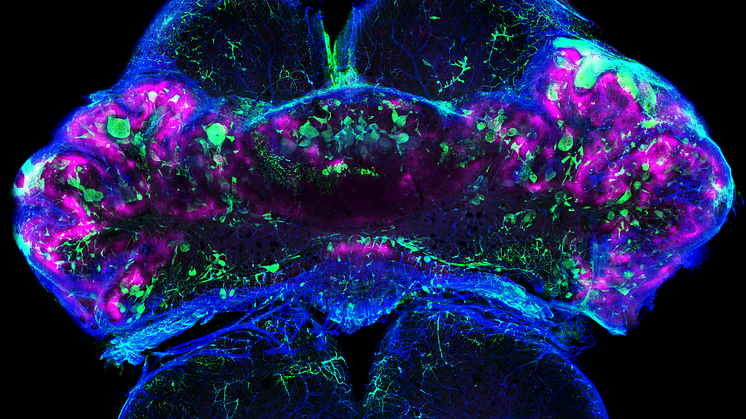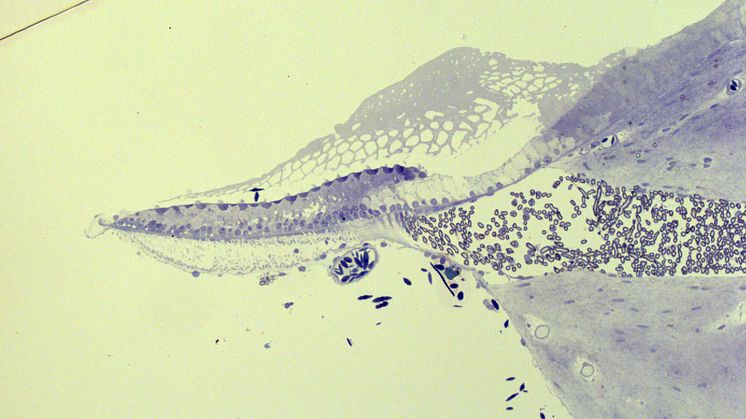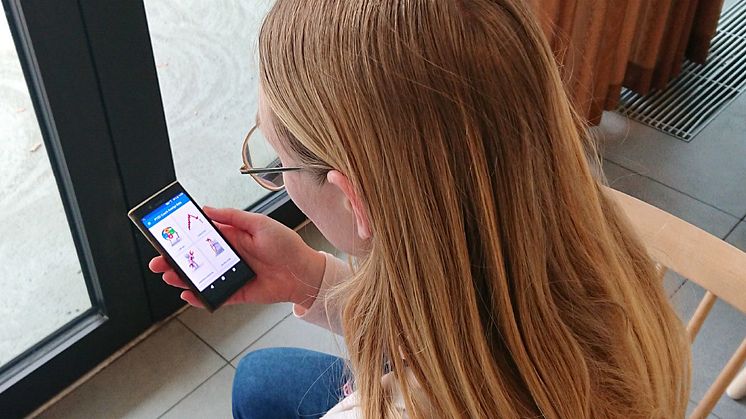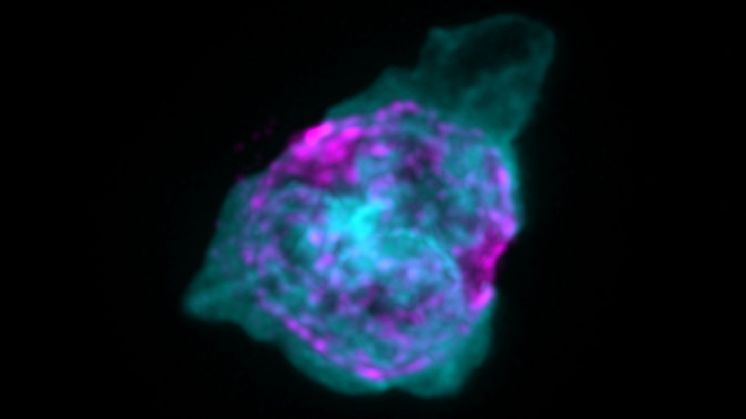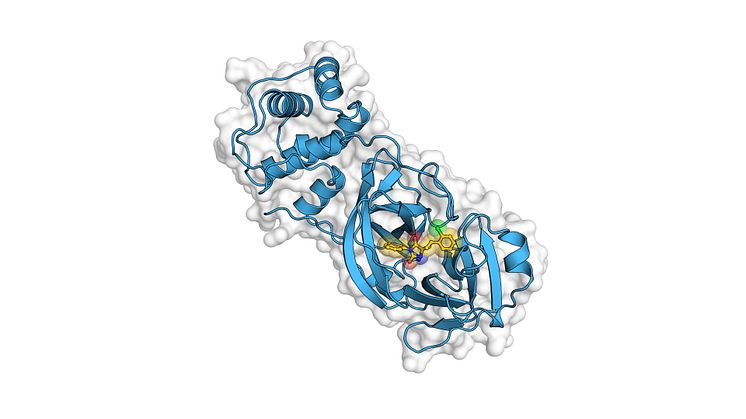Genetic background associated with physically active lifestyle
In a large international study, researchers at Uppsala University have identified DNA regions that are associated with physical activity or leisure screen time. The findings confirm that physical activity is beneficial for health and suggest that a more sedentary lifestyle can be explained by how muscles respond to exercise.
